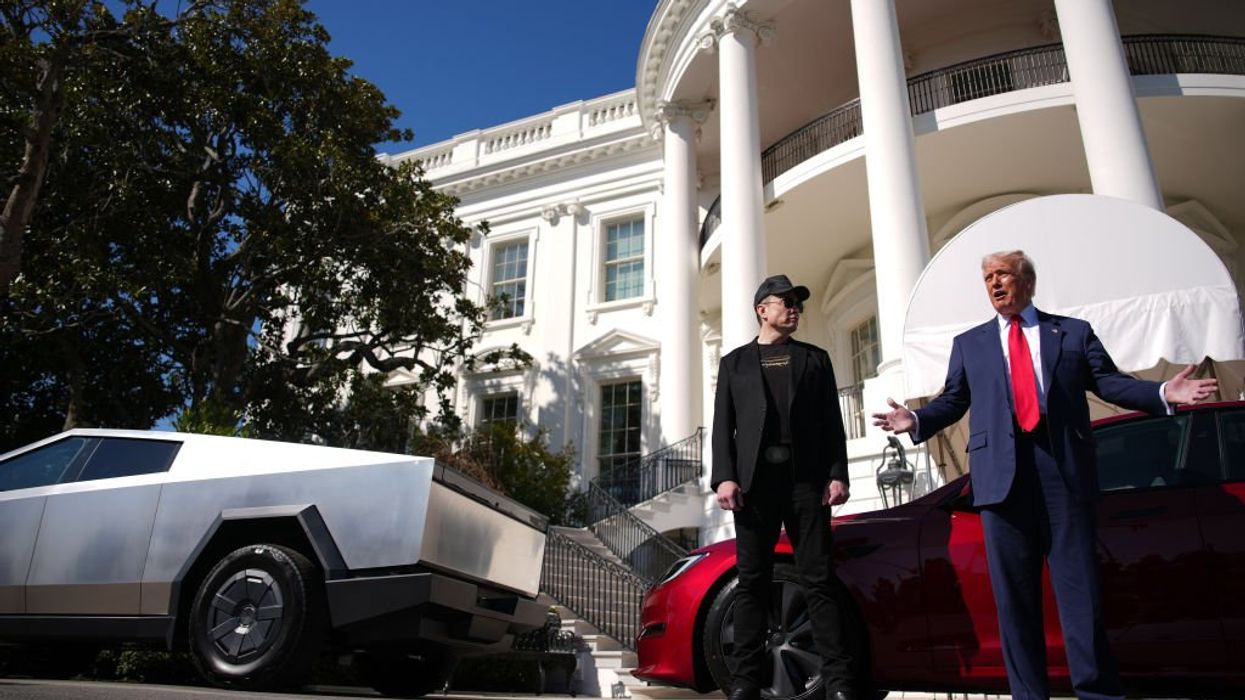On Friday, March 14, 2025, The Fulcrum published a news report entitled, “ Complaint Filed Against Elon Musk for Potentially Violating Laws to Benefit His Satellite Business,” in which we reported on a complaint filed by the Campaign Legal Center (CLC) with the U.S. Department of Transportation’s acting Inspector General. The complaint asks them to investigate if Elon Musk unlawfully influenced government decision-making and Federal Aviation Administration (FAA) contracts involving his satellite business.
Two days after The Fulcrum report, Evan Feinman—the outgoing director of the Broadband Equity, Access, and Deployment (BEAD) Program—publicly criticized the Trump administration for allegedly diverting funds from rural broadband projects to Elon Musk's Starlink satellite internet company. This criticism was expressed in an email to colleagues on March 16, 2025. Feinman described the diversion of funds as a betrayal to rural America, emphasizing the importance of providing reliable and affordable internet access to underserved areas.
The BEAD Program is part of the National Telecommunications and Information Administration (NTIA), which operates under the U.S. Department of Commerce.
In a strongly worded email, Feinman expressed concerns that this move would leave rural America with slower and more expensive internet while enriching Musk further. He urged people to advocate against these changes and emphasized the importance of providing high-quality internet access to rural areas.
Feinman, in his email, stated:
"Stranding all or part of rural America with worse internet so that we can make the world’s richest man even richer is yet another in a long line of betrayals by Washington."Feinman also urged, "Reach out to your congressional delegation and reach out to the Trump Administration and tell them to strip out the needless requirements, but not to strip away from states the flexibility to get the best connections for their people."
His concerns centered on his belief that Starlink's technology might deliver slower speeds at higher costs, which he believed would not serve rural America's best interests.
Elon Musk has faced several conflict-of-interest complaints in recent weeks, particularly related to his roles in government and his business ventures. Below are a few examples in addition to the FAA and Starlink conflict complaint described above:
- DOGE and Federal Agencies: As head of the Department of Government Efficiency (DOGE), Musk has been accused of targeting federal agencies that were investigating his companies, such as Tesla and SpaceX. This includes firing inspectors general from agencies like the Department of Agriculture and the Department of Labor.
- CFPB Oversight: Democratic lawmakers have raised concerns about Musk's role in stripping the Consumer Financial Protection Bureau (CFPB) of its power to regulate digital payment platforms. This move could benefit Musk's plans to expand Twitter/X into a financial services platform. Elizabeth Warren (D-Mass.) and Adam Schiff (D-Calif.) are calling on the Office of Government Ethics to investigate Musk’s compliance with federal ethics laws, specifically whether he has recused himself from DOGE’s work with the CFPB or been issued ethics waivers. “If Mr. Musk has taken actions in his federal role that will benefit his financial interests without receiving appropriate waivers and approvals, he may have violated the criminal conflict of interest statute,” the letter from Warren and Schiff read.
- Delaware Legislation: A proposed bill in Delaware, allegedly influenced by Musk, would shield corporate executives from liability and make it harder to hold them accountable for conflicts of interest. Critics argue this could benefit Musk and other powerful executives.
Given the extent of Elon Musk’s role with DOGE and the increased attention on his actions, the likelihood of further scrutiny, allegations, and charges of conflict of interest is considerable, especially given the existing and potentially additional federal contracts for Tesla and SpaceX.




















Trump & Hegseth gave Mark Kelly a huge 2028 gift